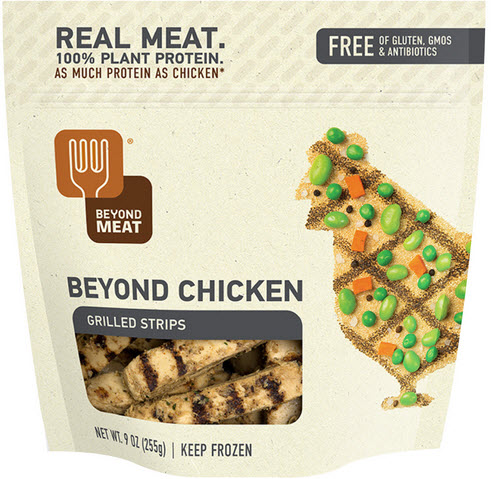The coming revolution in alternative proteins
February 20, 2015
Are you ready for cricket-flour energy bars and “steaks” constructed from strips of lab-grown animal muscle fibers?
Some of us may not have a choice. Feeding the rapidly expanding world population will require 470 million tons of annual meat production by 2050, an increase of more than 200 million tons from current annual levels, according to the Food and Agriculture Organization of the United Nations (FAO).
Replacing and/or supplementing traditional animal protein with alternatives that require drastically lower levels of water, feed, energy, and land is not only more sustainable but may result in healthier proteins too, according to the latest series of interviews from the Institute of Food Technologists (IFT) “FutureFood 2050” publishing initiative.
FutureFood 2050 explores how increasingly sophisticated science and technology will help feed the world’s projected 9 billion-plus people in 2050.
Pioneering protein researchers talked to FutureFood 2050 this month about a wide array of possible technology-based innovations, including:
- Ethan Brown: Founder of California-based Beyond Meat, which is processing plant proteins to chemically re-create the structure of meat
- Daniel Imrie-Situnayake: CEO of Tiny Farms, a startup dedicated to developing technology for industrial-scale insect farming
- Stephanie Mittermaier: German food technology researcher who sees big potential for protein from sweet blue lupine seeds as an alternative to soy protein
- Mark Post: Dutch physiologist behind the world’s first in vitro burger made from meat grown in a lab, who wants to transform how meat is produced
- Harman Singh Johar: Entrepreneurial young entomologist who believes insect protein could become a near-perfect famine relief product
Through 2015, FutureFood 2050 will release 75 interviews with “the world’s most impactful leaders” in food and science. This year, FutureFood 2050 will also debut a documentary film exploring how the science of food will contribute solutions to feeding the world.

